
Bethany Brookshire was a longtime staff writer at Science News Explores and is the author of the book Pests: How Humans Create Animal Villains. She has a B.S. in biology and a B.A. in philosophy from The College of William and Mary, and a Ph.D. in physiology and pharmacology from Wake Forest University School of Medicine. She was a 2019-2020 Knight Science Journalism Fellow at MIT, the winner of the Society for Neuroscience Next Generation Award and the Three Quarks Daily Science Writing Award, among others.

All Stories by Bethany Brookshire
-
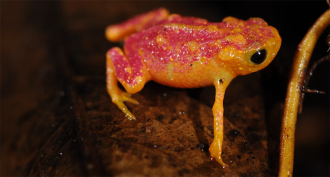 Animals
AnimalsPumpkin toadlets can’t hear themselves talk
Tiny orange frogs make soft chirping sounds in the forests of Brazil. Their ears, however, cannot hear them, a new study finds.
-
 Health & Medicine
Health & MedicineExplainer: How the ears work
Most people probably think of their ears as the flaps on the sides of their heads. But there’s a lot of machinery inside that lets us hear our favorite tunes.
-
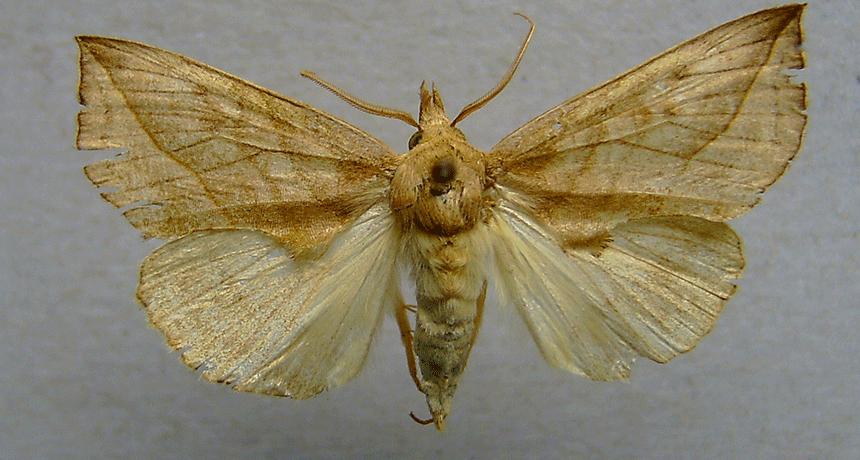 Animals
AnimalsScientists Say: Vampire
Human vampires are found only in fiction. But vampire bats and moths are the real thing. These animals love the taste of blood, and some can’t live without it.
-
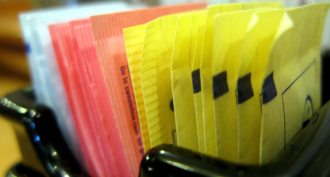 Chemistry
ChemistryWhen bitter + bitter = sweet
Two artificial sweeteners lose their bitter aftertastes when combined together. Scientists have just figured out why.
-
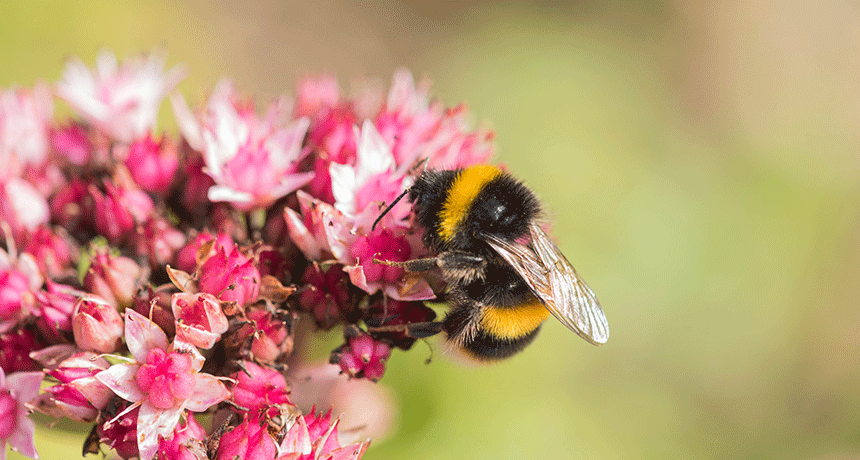 Chemistry
ChemistryScientists Say: Gradient
This is a word used to describe the rate that something changes over a distance or time. Examples include the strength of a smell or the steepness of a mountain.
-
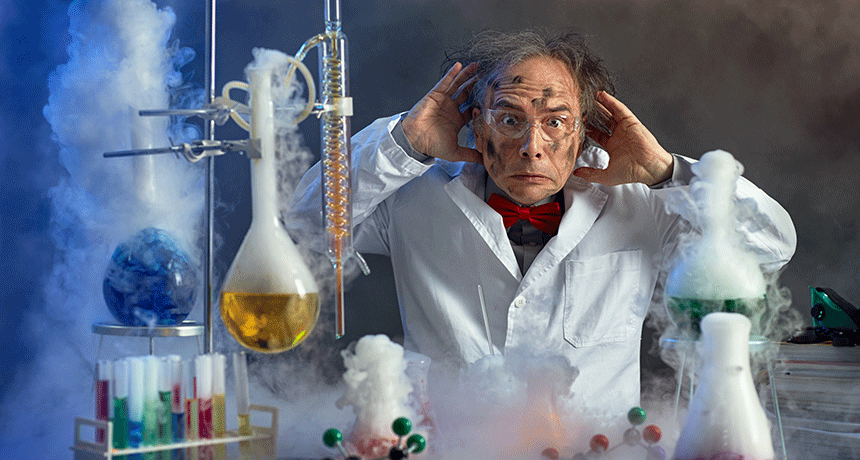
Researchers reveal their epic fails
Scientists often look successful in their jobs. But everyone has gone through tough times — and overcome them.
-
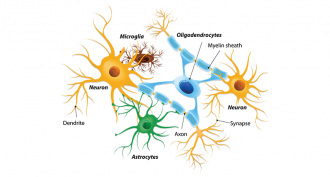 Brain
BrainScientists Say: Glia
Scientists used to think glial cells did nothing more than glue the brain together. Now we know they do much, much more.
-
 Tech
TechSocial networks can learn about you through your friends
Social networks can gather information from users that let them create “shadow profiles” of others — even people not on the network.
-
 Tech
TechScientists Say: Radar
This is a system used to detect objects large and small. It works by sending out radio waves and waiting for them to bounce back.
-
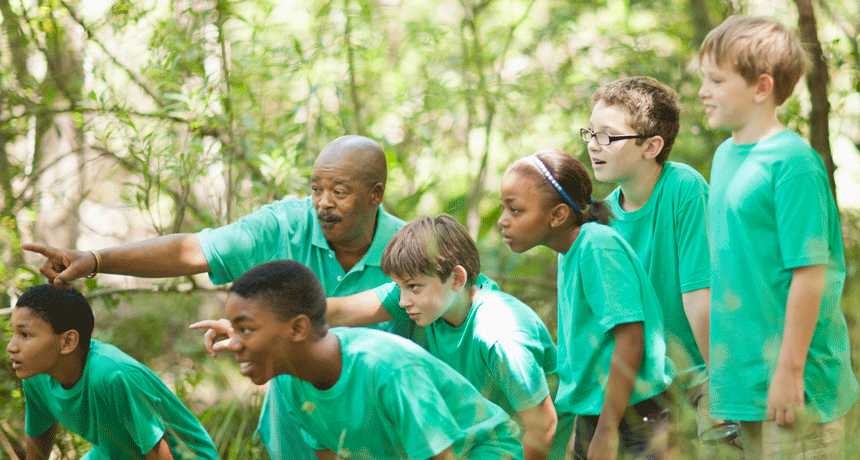
Sage advice from scientists to students
Every scientist was a kid once. Here, they offer their advice to students on making their scientific careers a success.
-
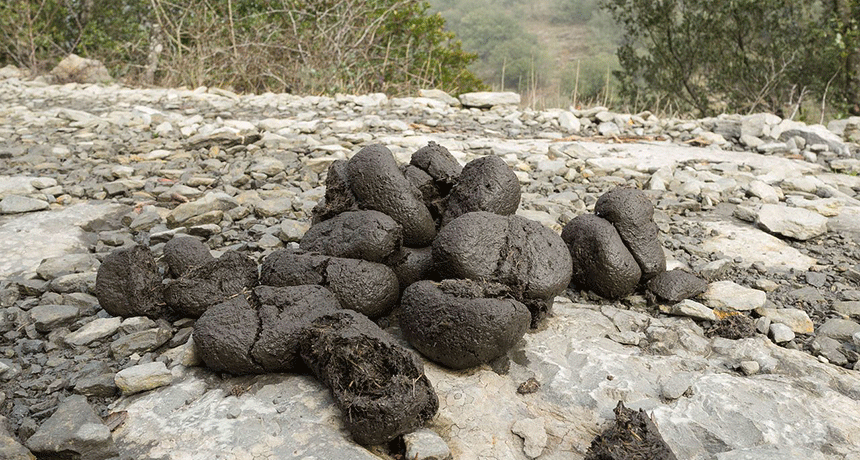 Animals
AnimalsScientists Say: Dung
This word is used to refer to animal poop. You know, manure. Crap. Feces.
-
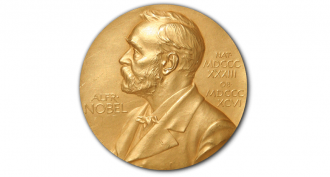 Science & Society
Science & SocietyExplainer: The Nobel Prize
Every year, Nobel Prize winners are front page news for their discoveries. But what is a Nobel Prize and why does it matter? We explain.